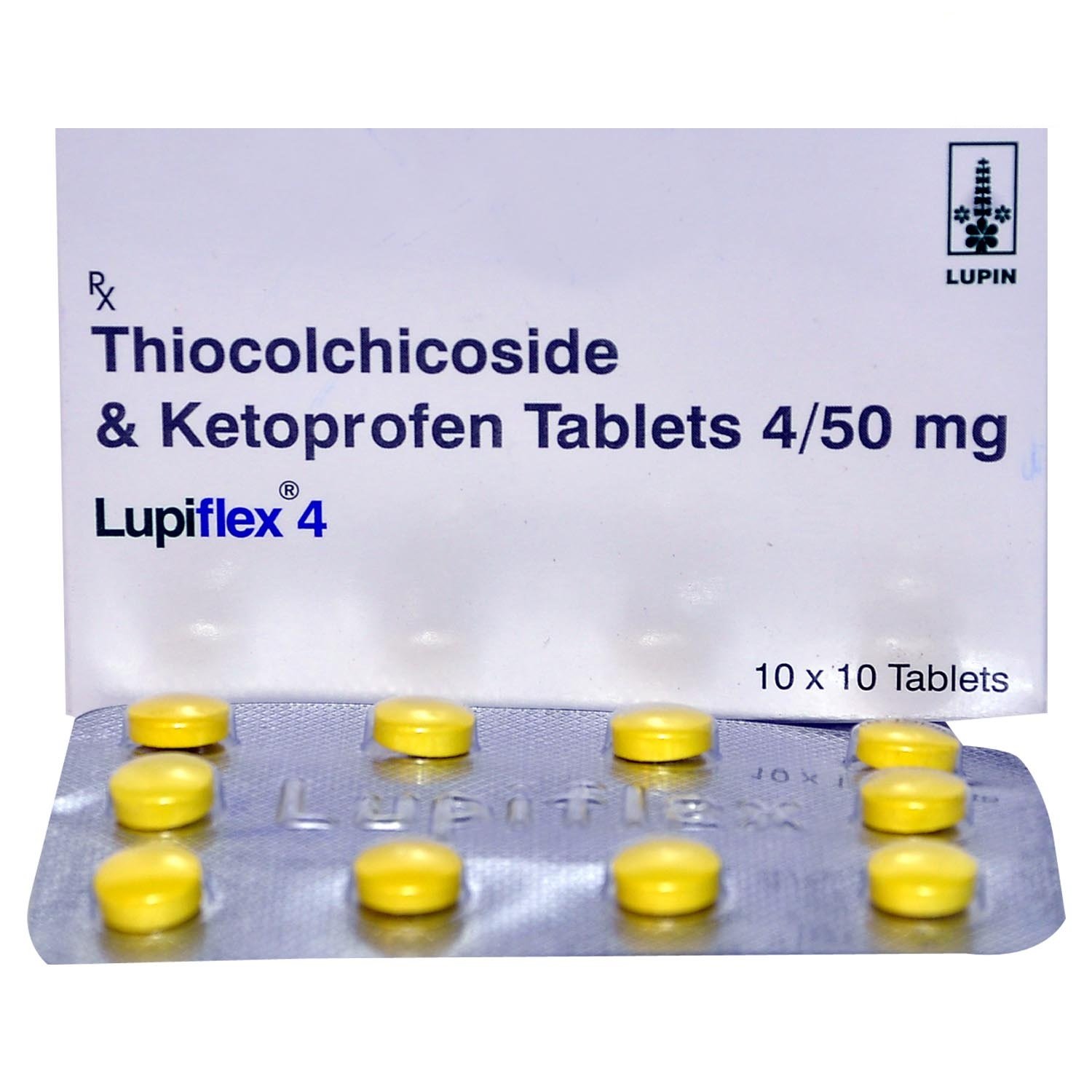ribavin
Introduction to ribavin
Ribavin is a medication primarily used to treat viral infections. It is available in tablet form and is commonly prescribed for conditions such as hepatitis C and respiratory syncytial virus (RSV). Ribavin works by reducing the viral load in the body, helping the immune system fight the infection.
Composition of ribavin
Ribavin contains the active ingredient ribavirin, which is an antiviral agent. It works by interfering with the replication process of viruses, thereby reducing their ability to multiply and spread within the body.
Uses of ribavin
- Treatment of hepatitis C
- Treatment of respiratory syncytial virus (RSV)
Side effects of ribavin
- Common side effects: anemia, fatigue, headache, nausea
- Serious side effects: birth defects, severe anemia
Precautions of ribavin
Ribavin should not be used by individuals with severe liver or kidney disease, or those with a history of severe anemia. It is crucial to avoid pregnancy during treatment and for six months after, as ribavin can cause birth defects.
How to Take ribavin
Ribavin is typically taken orally in tablet form, with food to aid absorption. The usual starting dose for adults is 800 to 1200 mg per day, divided into two doses. Dosage may be adjusted based on individual needs and response to treatment. Always follow your doctor’s advice for the correct usage.
Conclusion of ribavin
Ribavin, containing the active ingredient ribavirin, is an antiviral medication used to treat hepatitis C and RSV. It is manufactured in tablet form and belongs to the therapeutic class of antiviral agents. Key highlights include its ability to reduce viral load and its potential side effects, such as anemia and birth defects. Ribavin should be used with caution, following medical advice, to ensure safe and effective treatment.

More medicines by Lupin Ltd
Available in 3 variations

Ribavin 200 Capsule
strip of 4 capsules

Ribavin 100mg Capsule
strip of 4 capsules

Ribavin 50mg Syrup
bottle of 30 ml Syrup














.svg)
